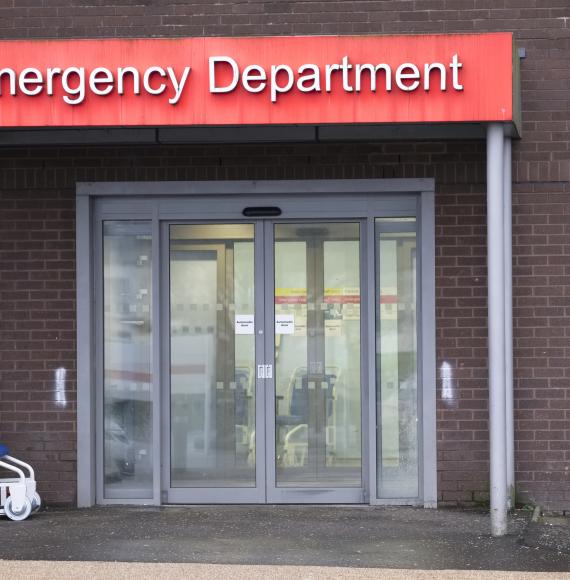The most recent NHS Workforce Race Equality Standard published last month, has shown a gradual increase in Black and Minority Ethnic (BME) people working within the NHS, with a 4.7% rise since 2016.
However, it has become increasingly more likely for a white applicant to be appointed in medical posts than BME applicants.
Contrastingly, the report also found that BME representation in senior positions within the NHS is at an all-time high, increasing from 153 positions in 2020 to 298 in 2021.
Despite white applicants being more likely to secure a role than those from a BME background, the NHS is the most diverse it has even been, with more than 300,000 staff from a BME background now working within the organisation.
Professor Anton Emmanuel, Head of Workforce Race Equality Standard said: “The last two years have been the most challenging in NHS history and it is fantastic that increasing number of BME people have been inspired to join one of the most rewarding careers and that BME representation in senior positions has never been higher.
“There remains a lot of work to do change the experience of black and ethnic minority staff, but it is clear that when monitoring targets are set and evidence-based actions pursued, it is possible to shift staff experience, and the challenge now is to ensure this happens across the whole of the NHS”.
London has the highest percentage of BME workers, with 48.1% of staff being black or from an ethnic minority.
At the opposite end, the South West of England has the lowest rates of BME workers, with only 11.2% of the workforce being of ethnic minority backgrounds.
Em Wilkinson-Brice, Acting Chief People Officer for NHS England said: “Our staff are at the heart of the NHS and throughout the pandemic they have shown how they continue to go above and beyond of what is expected of them.
“It is our responsibility to ensure that all our staff truly have an equitable experience at work regardless of race and this year’s WRES report shows the NHS has made impressive progress on this.
“But there is much more work to be done and building from the work our first NHS CPO, Prerana Issar led, NHS England is continuing to take action to improve diversity within the health service including through trialling inclusive recruitment programmes and continuing to rollout diverse staff networks”.
The report also reveals that around 35% of staff from black and Asian backgrounds experienced harassment, bullying or abuse from another staff member, this is an increase from 2016 when figures showed 32 percent had experienced internal bullying.
Similarly, staff from Gypsy or Irish Traveller backgrounds also reported incidents of harassment with 43% saying that had experienced it within the past 12 months.
NHS Employers released an infographic which explained some of the impacts bullying and harassment can have on staff members and outlined some of the approaches NHS organisations can take to tackle this issue.
The NHS has continued to work to improve diversity within the workforce by rolling out staff networks and working with the National Guardian’s Office so that colleagues can speak up and help tackle workplace bullying and discrimination.



















